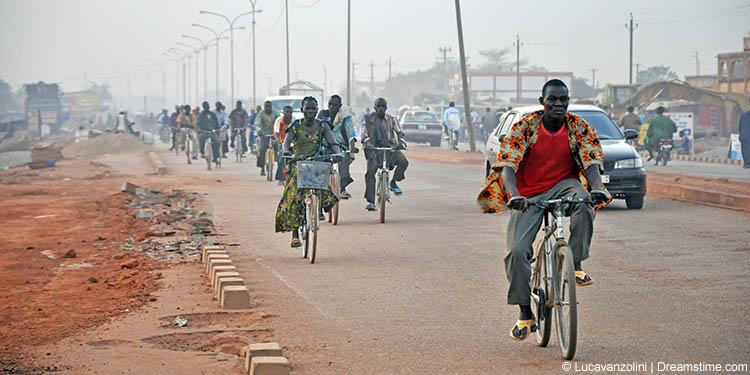Adapting and strengthening educational guidance and career counseling to promote decent work in two West African countries: Burkina Faso and Togo

The psychology of working theory posits that both contextual and individual factors have an impact on individual career paths and thus on people’s ability to access decent work. This project focuses on options for young adults preparing for a school-to-work transition and for adults managing career transitions in Burkina Faso and Togo.
About the project
Background
Decent work is crucial for an individual’s life development and well-being. This was defined by the International Labor Conference in 1999 and decent work was made an explicit goal in the United Nations’ 2030 Agenda for Sustainable Development. In the field of vocational psychology, the psychology of working theory posits that both contextual and individual factors have an impact on individual career paths and thus on people’s ability to access decent work. This theory also suggests that appropriate educational guidance and career counseling can support access to decent work and sustain well-being. While employment agencies and career counseling services in most developed countries help individuals deal with career and unemployment issues, this has not been the case in low-income countries such as Burkina Faso and Togo. Burkina Faso belongs to the top ten countries with the youngest population, and more than 60% of the population in Togo is less than 25 years old. These countries are characterized by a large informal sector. Moreover, the professional integration of young people in the labor market is currently critical and likely to become more problematic if the gap between the educational vocational system and the needs of the local and international labor market continues to increase. According to OECD, youth employment challenges have been underestimated in these countries and appropriate educational guidance and career counseling interventions will be needed to overcome these issues. Such interventions may also include entrepreneurship training, as suggested by international organizations.
Objectives
Educational and vocational guidance is clearly underdeveloped in West African countries, and this project aims at developing adapted educational and vocational guidance interventions and entrepreneurship training to help reach the 4th (“Ensure inclusive and equitable quality education and promote lifelong learning opportunities for all”) and the 8th goals (“Promote sustained, inclusive and sustainable economic growth, full and productive employment and decent work for all”) of the 2030 agenda for sustainable development. The project includes five research objectives.
- Describe the educational system and evaluate how it takes into account the needs of the users, the economy, and the labor market;
- Describe educational guidance and career counseling resources and assess their adequacy in regards to the needs of the population in Burkina Faso and Togo;
- Evaluate how the psychology of working theory and the entrepreneurial intentions model in West Africa might have to be adapted for the West African context and thereafter assess and validate adapted models;
- Develop adapted educational guidance and career counseling interventions, and entrepreneurship training; and
- Communicate our results to policymakers and make our interventions available to practitioners.
Relevance
...
Geographic scope
- Burkina Faso
- Togo
Links to project website and to P3
- Links to project website and to project on SNSF research database P3
